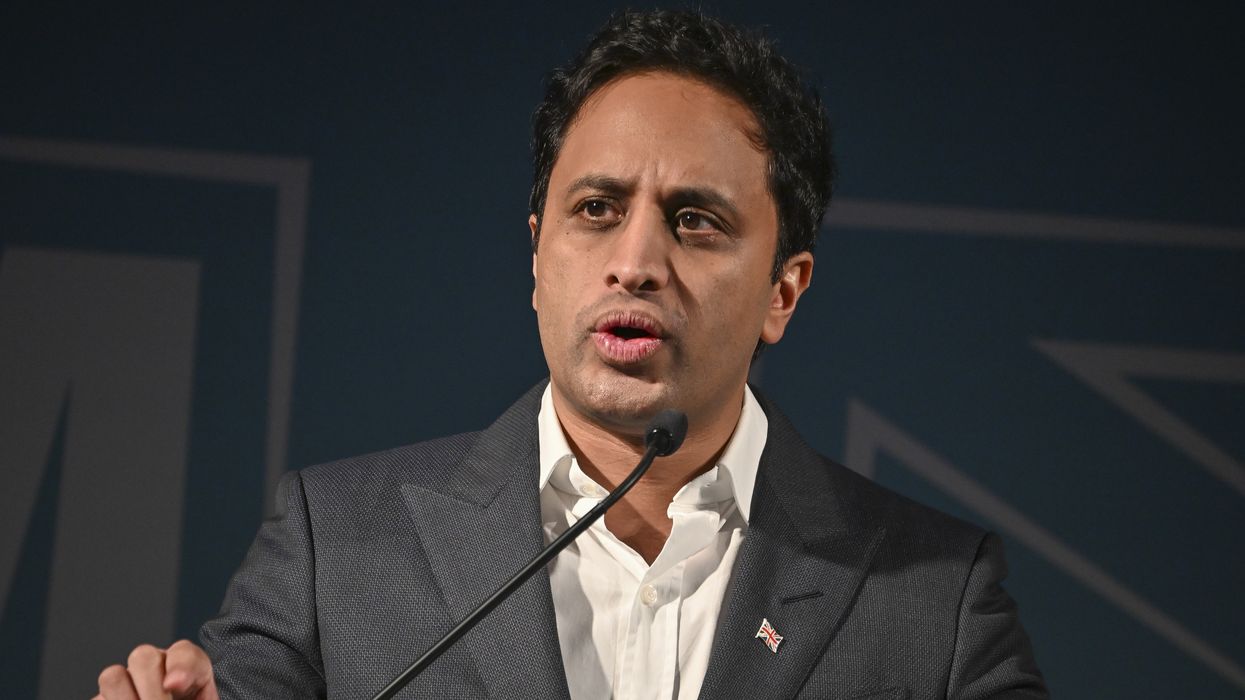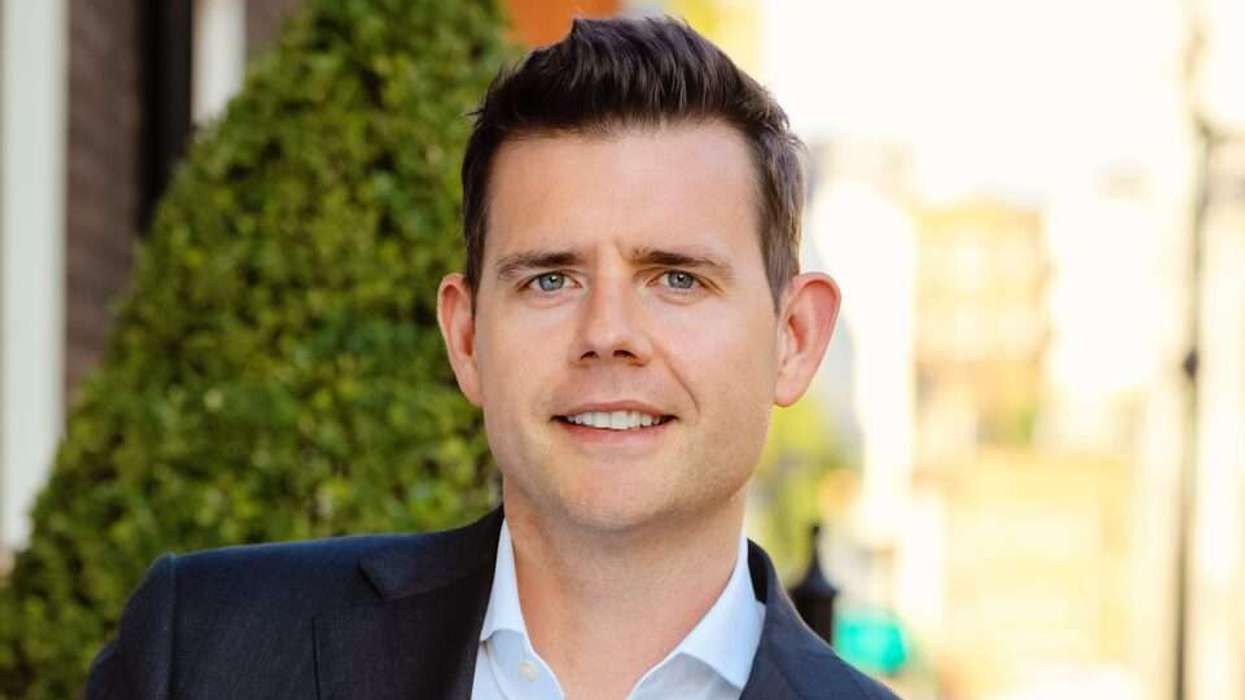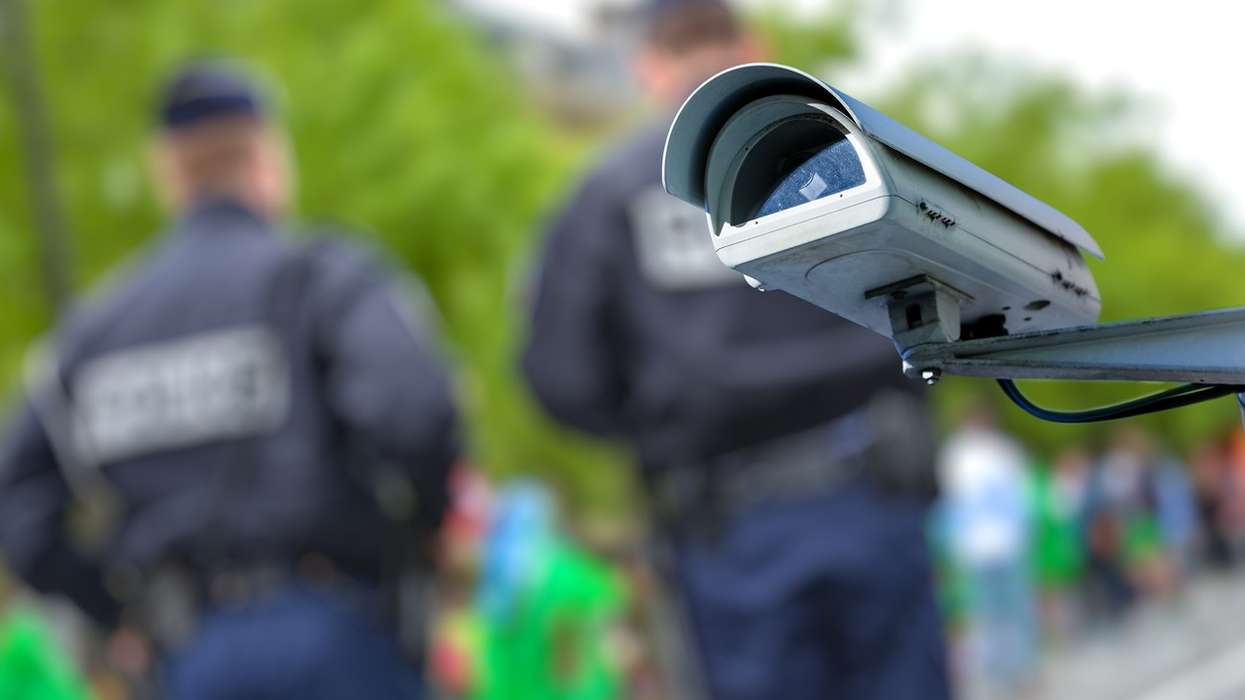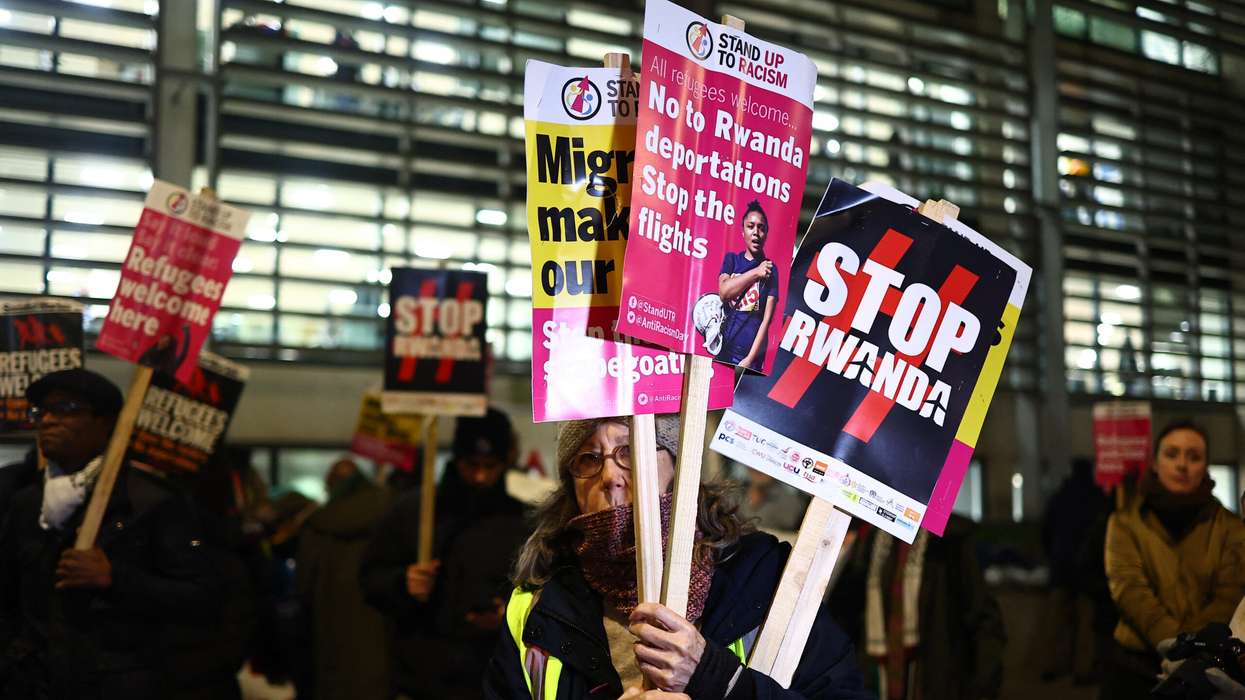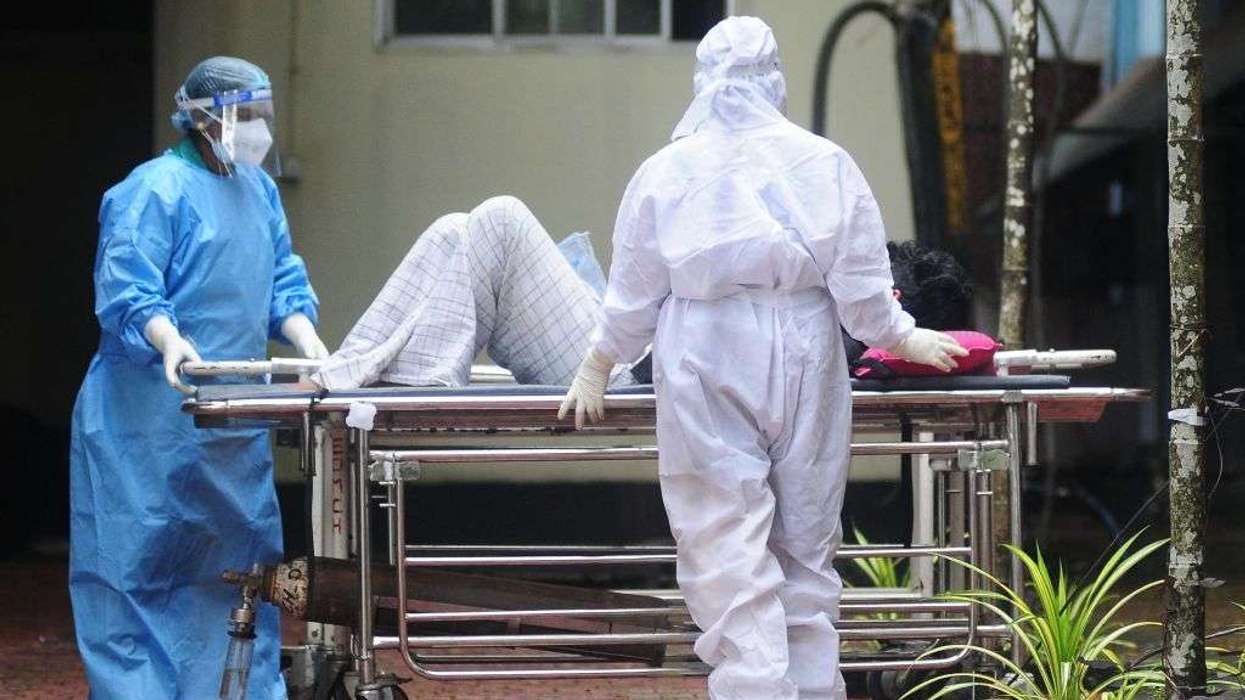ZIA YUSUF has said that Reform UK would deport every illegal immigrant in Britain if the party came to power.
Speaking to BBC Radio 4’s Today programme, Yusuf stated, “We will deport everybody who is here in this country illegally, which is roughly about 1.2 million people.”
Yusuf, who resigned as Reform chairman last week before returning two days later, said he wanted to be “crystal clear” on the party’s stance.
Addressing recent criticisms within the party, he added, “I am Muslim. I don’t therefore think that Islam is a ‘threat to the country’,” but said “resentment” was building due to “two-tier policing.”
He said Islamist terrorism remained a major concern for intelligence agencies and pointed to issues of assimilation. Yusuf described his resignation as a result of “exhaustion” and regretted a tweet criticising new MP Sarah Pochin’s comments on a burqa ban.
Nigel Farage is expected to present Yusuf as a potential cabinet minister while also pledging to reopen some coal mines in south Wales.
Richard Tice, Reform deputy, said Yusuf had faced “horrendous online abuse” and added the party was reorganising to manage growth. Nick Candy will take over Yusuf’s former responsibilities.
